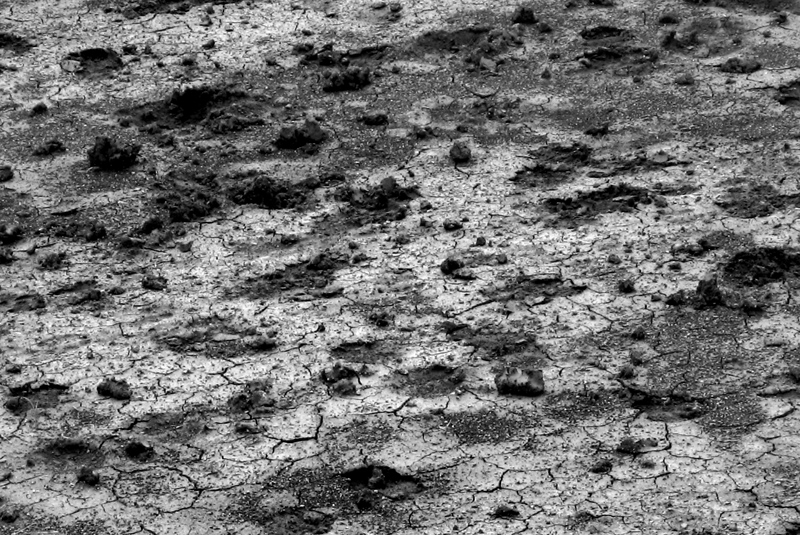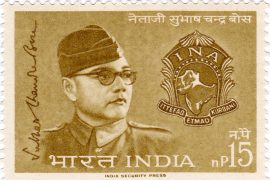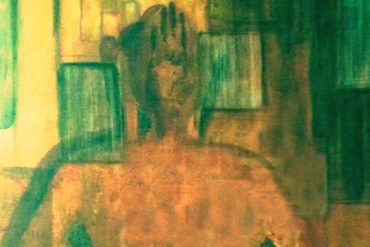For 40 days, the Tamil farmers at Delhi’s protest venue tried everything to get the Centre’s attention. They arrived in the national capital bearing begging bowls and skulls – which they said were of farmers who had committed suicide in their drought-ridden state. They shaved their heads and moustaches – but only halfway – to make a statement. In desperation, they threatened to drink their own urine – until they changed their minds and opted to send it back home instead. Some water from Delhi, as their logic went, was better than no water at all.
For, with no water, Tamil Nadu has dried up, facing its worst drought in 140 years (or ever since the Indian Meteorological Department started tracking drought). Two seasons worth of crops have failed, and farmers have run out of options. Over 144 have committed suicide in the last month.
But drawing national attention to their plight has been difficult. Headlines have been dominated by the sabre-rattling at the border, Sonu Nigam’s calls against the morning Azan, the release of Bahubali 2, the Delhi municipal elections and the detention of Vijay Mallya. The plight of Tamil Nadu is but a footnote in the collective consciousness.
Droughts need to concern us more because their cognizance and the government’s timely intervention is the only thing keeping them from turning into famines. Tamil Nadu has never forgotten the Great Famine of 1876-1877, which was the only other occasion where the monsoons had failed this badly. It was a telling example where apathy cost millions of lives.
Copyright©Madras Courier, All Rights Reserved. You may share using our article tools. Please don't cut articles from madrascourier.com and redistribute by email, post to the web, mobile phone or social media.Please send in your feed back and comments to [email protected]











